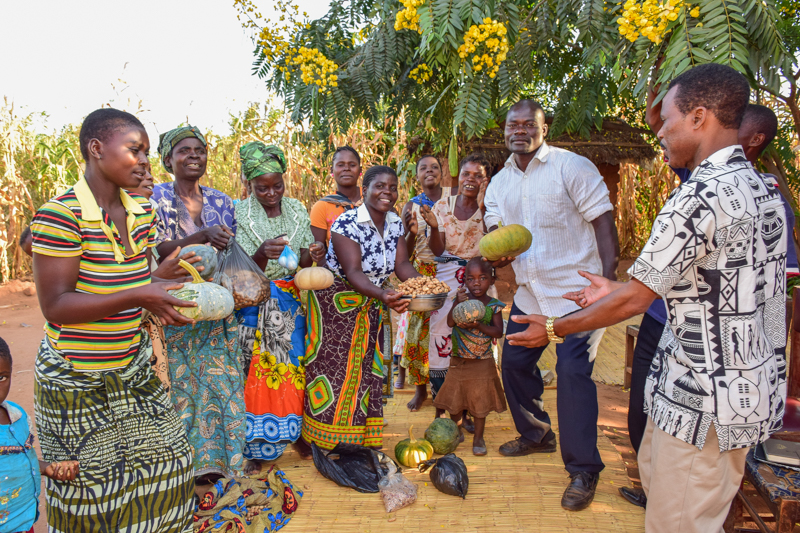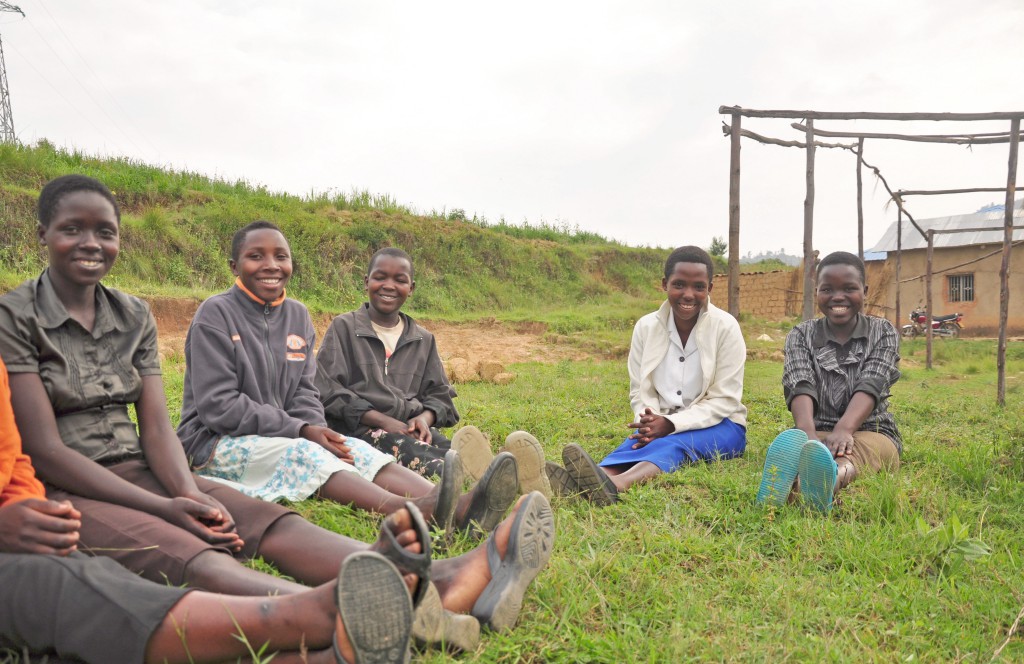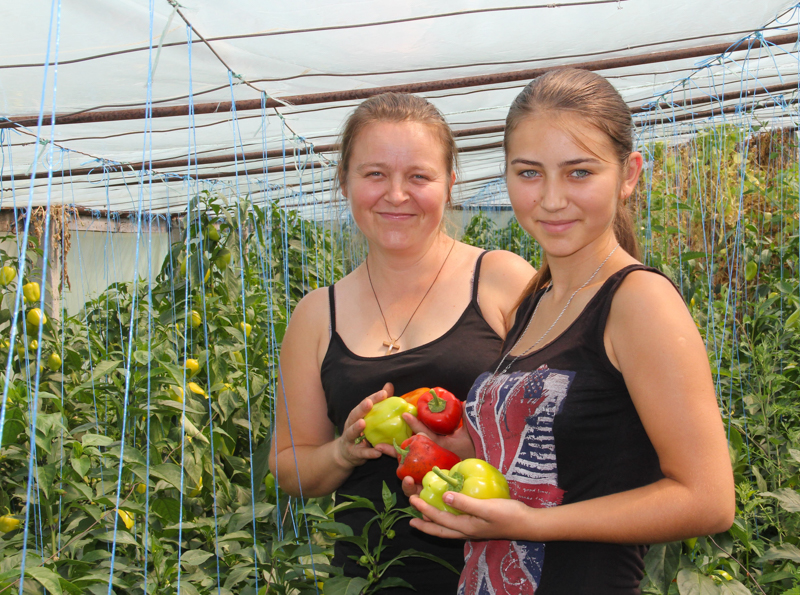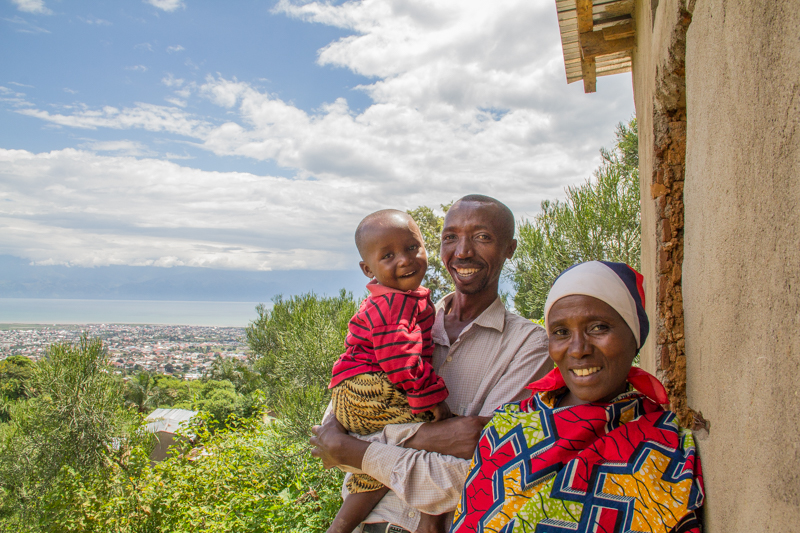Last month, over 200 golfers joined HOPE International in York, PA, at the Heritage Hills Golf Resort, for a beautiful and sunny day of golf! We are so grateful to our sponsors who helped us make the day a success, and we hope you’ll join us in 2016 for our 16th annual “Drive out Poverty” golf tournament on Friday, September 23. A special thank you to the following sponsors:
Community Banker sponsors
Domuss, Ltd.
Heritage Hills Golf Resort
Men of Iron
Merrill Lynch, The Swift Group
Residential Mortgage Services
Regional Champion sponsors
Advanced Insurance Solutions
Apple Nissan
Esbenshade’s Greenhouse
Hostetler & Church, LLC
Shepherd Real Estate LLC
Stewart Title Guarantee
Susquehanna Bank
Dignity sponsors
Akron Insurance
Associated Insurance Management
Barkas, Inc.
Conestoga Title Insurance Company
Fidelity National Title Insurance
Kaplin Stewart
McKonly & Asbury, LLP
mRelevance
Pine View Enterprises, Inc.
The Simkiss Companies
VAL-CO
Wells Fargo
Empowerment Promoter sponsors
Bare Wealth Advisors
BB’s Grocery Outlet
B.R. Kreider & Son, Inc.
Finance of America
Horst Realty
Lamar King Tournament within a Tournament
Lancaster Mortgage Company
Lesher Mack Sales & Service Inc
M&T Bank
Martin’s Trailside Express
Morgan Stanley
Realty 1
Ron Thompson
Sharp Shopper
Select Security
Speedwell Construction, Inc.
UGI
Weaver Energy, Inc.
Adventure Capitalist sponsor
Aero Energy
Convene
Master’s Advisors, Inc.
Metro Bank
Mid Penn Bank
Modern Eyes Optical
RP Electric
Startup sponsor
Abel Construction
Black Rock Financial Management
Donegal Insurance Group
EK Bare and Sons
Ivy Funds
L Star Management
Lori Miller
Markley Actuarial Services
Pikeland Construction, Inc.
Prudential
RS Investments
Voya
Waterford Management, LLC
Wilkinson Homes, LLC
|
Akron Insurance
|
|
Associated Insurance Management (AIM)
|
|
Barkas, Inc.
|
|
Conestoga Title Insurance Company
|
|
Fidelity National Title Insurance
|
|
Kaplin Stewart
|
|
McKonly & Asbury, LLP
|
|
mRelevance ($4,400)
|
|
Pine View Enterprises, Inc.
|
|
The Simkiss Companies
|
|
VAL-CO
|
|
Wells Fargo
|






















